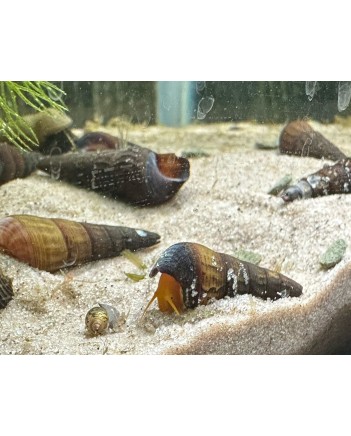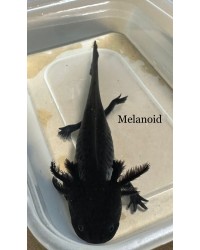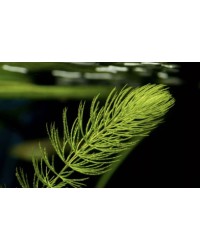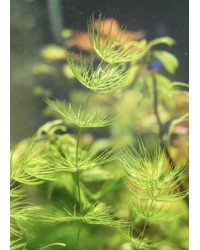Rabbit Snail (Tylomelania spp.)
Overview
- Common
Name: Rabbit Snail
- Scientific
Name: Tylomelania species (e.g., T. zemis, T.
gemmifera)
- Origin:
Sulawesi, Indonesia
- Size:
3–5 inches (7.5–13 cm)
- Lifespan:
2–3 years (sometimes longer with proper care)
- Colour
Variants: Yellow, orange, black, white-tipped, and spotted
- Behaviour:
Slow-moving, peaceful
Tank Requirements
- Minimum
Tank Size: 20 gallons (75 liters)
- Substrate:
Sand or fine gravel — they like to dig
- Décor:
Rocks, driftwood, and live plants
- Filtration:
Gentle to moderate (they don’t like strong currents)
- Lighting:
Moderate to low
- Cover:
Not strictly needed — they rarely escape
Water Parameters
- Temperature:
76–84°F (24–29°C)
- pH:
7.2–8.5 (alkaline is best)
- Hardness:
Moderate to hard (for shell health)
- Ammonia/Nitrite:
0 ppm
- Nitrate:
< 30 ppm
- Note:
Prefer very stable, well-maintained water—sensitive to swings
Diet
- Feeding
Type: Omnivore
- Primary
Foods:
- Algae
(biofilm and soft green algae)
- Blanched
vegetables: zucchini, spinach, kale
- Repashy
gel foods, algae wafers
- Protein:
fish pellets, sinking shrimp food (occasionally)
- Calcium-rich
foods or supplements for shell growth
Behaviour & Compatibility
- Temperament:
Extremely peaceful and slow
- Tankmates:
- Ideal:
shrimp, peaceful fish (rasboras, tetras, corydoras)
- Avoid:
loaches, puffers, aggressive or snail-eating fish
- Activity
Pattern: Mostly active during the day
- Fun
Fact: Named “rabbit” for their long “face” and tentacle-like feelers
Breeding
- Reproduction:
Livebearers (internal fertilization)
- Breeding
Rate: Slow (1 baby every 4–6 weeks)
- Fry
Care:
- Babies
are born fully formed
- Will
feed on the same diet as adults
- No
need to separate from parents
Care Tips
- Stable,
clean water is essential — sensitive to poor conditions
- Supplement
with calcium — crushed coral or cuttlebone helps
- Provide
hiding spots and soft substrate
- Regular
water changes (but avoid big swings)
- Do
not use copper-based medications
Tags: megastore, furniture, clothes, accessories




